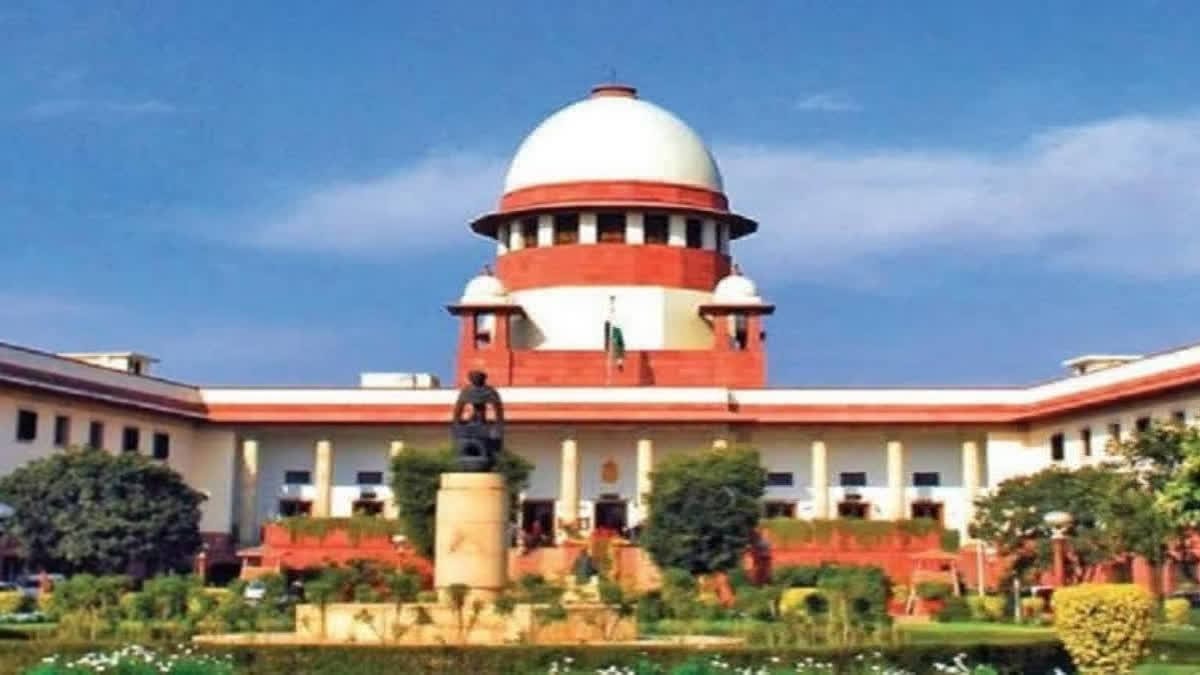
The Supreme Court has decided to resolve the complex interpretations of the property rights given to Hindu women under Section 14 of the Hindu Succession Act, 1956, which has potentially become a crucial issue that has been going on for six decades.
The question is whether a Hindu wife will have the right of full ownership of the property given to her by her husband notwithstanding the restrictions imposed in the will.
A bench of Justices PS Narasimha and Sandeep Mehta, which has been grappling with the legal tug of war over the issue that has led to over 20 verdicts in the last six decades, on Monday called for setting up a larger bench to settle the issue once and for all.
The issue goes far beyond legal terminology. For millions of Hindu women, the interpretation of Section 14 could determine whether they have the autonomy to use, transfer or sell property without interference.
The roots of the present case go back nearly six decades, dating back to a will executed in 1965 by a man named Kanwar Bhan wherein he gave his wife the right to possess and enjoy a plot of land during her lifetime but with a condition that after her death the property would revert to her heirs.
Several years later, the wife sold the land and claimed to be its full owner. After which the son and grandson challenged the sale and the matter reached the courts, leading to contradictory decisions at every level.
The trial court and the appellate court sided with the wife and cited a 1977 Supreme Court decision in Tulsamma v Shesha Reddy, which had broadly interpreted Section 14(1) of the Hindu Succession Act to grant full ownership rights to Hindu women.
However, the Punjab and Haryana High Court disagreed, citing an earlier Supreme Court decision in Karmi vs Amru (1972), which held that specific restrictions in a will could limit a woman’s property rights under Section 14(2).
The dispute has now reached the Supreme Court, where the bench reminded the bench of the questions raised by Justice P.N. Bhagwati in his Tulsamma judgment. The former judge had described the legislative drafting of Section 14 as a “lawyer’s paradise” and endless confusion for litigants.
Section 14(1) of the Hindu Succession Act was a progressive step towards giving full property rights to Hindu women but Section 14(2) provided certain exceptions.
It said that property given through a will or gift does not automatically convert into full ownership. Justice Narasimha acknowledged this division and said that after Tulasamma, two schools of thought have developed. One which is in favour of giving rights to Hindu women and the other which looks at the manner of acquisition and transfer of property.
The Supreme Court stressed the need for clarity on the issue and said it was imperative to clarify the legal position on the subject. Now a larger bench will have to decide whether the conditions in a will can restrict the property rights of Hindu women under Section 14(1).
Read More: This country admired India's economy, saying - India is progressing rapidly.
--Advertisement--

 Share
Share



